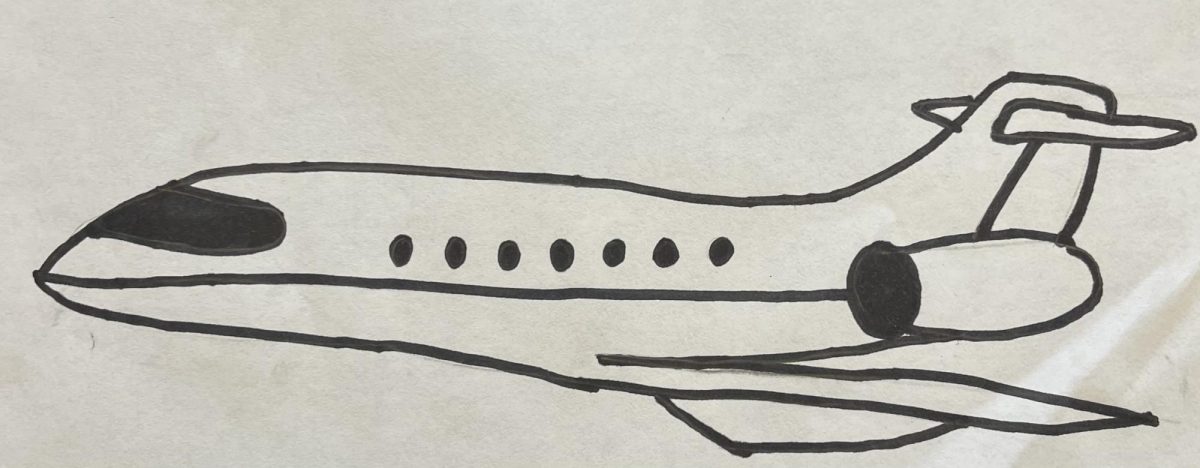A minute after midnight on September 13, the International Association of Machinists, or IAM, voted to go on strike. The unionists make up about 20% of Boeing’s workforce and stretches from Seattle to Southern California. Although the strike does not affect commercial air travel, it is causing a massive blockage for manufacturing which is estimated to cost Boeing $1 billion per week.
Boeing and the IAM began the bargaining process this past spring when union members argued that due to inflation and the rising cost of living, workers needed a wage increase. The union sought a wage increase of 40% and other demands include greater retirement benefits, reduced costs of healthcare, and the reduction of forced weekend overtime. The agreement that Boeing offered that was rejected by the union included instead a gradual 25% wage increase over the lifespan of the 4 year contract, reduction in healthcare costs, and a $3,000 bonus payment.
“The union did not seriously consider our proposals. Instead, the union made non-negotiable demands far in excess of what can be accepted – Given that position, further negotiations do not make sense – and our offer has been withdrawn,” Stephanie Pope, the President and CEO of Boeing’s commercial aircraft division, said. Since the strike, three attempts at negotiation have been made, each time with a mediator from the federal government to facilitate conversation. All three meetings failed to yield results but Pope asserted that Boeing was bargaining in “good faith.” On the other hand, a spokesperson of the machinists union described the union as standing “ready” for negotiations and described Boeing as having broken off all three meetings due to their rigidness. The spokesperson said that the union stood “ready to negotiate a contract that our members can accept. We’ve got 33,000 members and families that are not working right now and that’s our number one goal – to get them back to work.”
The strike takes place amid a time of great controversy for Boeing. The company is still mired in lawsuits after two high-profile Boeing 737 MAX crashes and faces a plea deal to admit guilt in conspiracy to commit fraud and pay up to $487 million in fees. In addition, Boeing is planning to lay off 17,000 workers, 10% of its commercial workforce, to further relieve itself of its financial constraint.
On the frontline, striking machinists have not only been battling Boeing but also financially supporting each other. As Boeing is not paying the wages of or extending healthcare benefits for any workers who have gone on strike, machinists and supportive community members help each other stay afloat through a mutual aid ‘hardship fund.’
Akin to most strikes, when it’ll end is always unpredictable. But without a bargaining table, neither the IAM nor Boeing will succeed in achieving their demands or restarting production and profit respectively.






